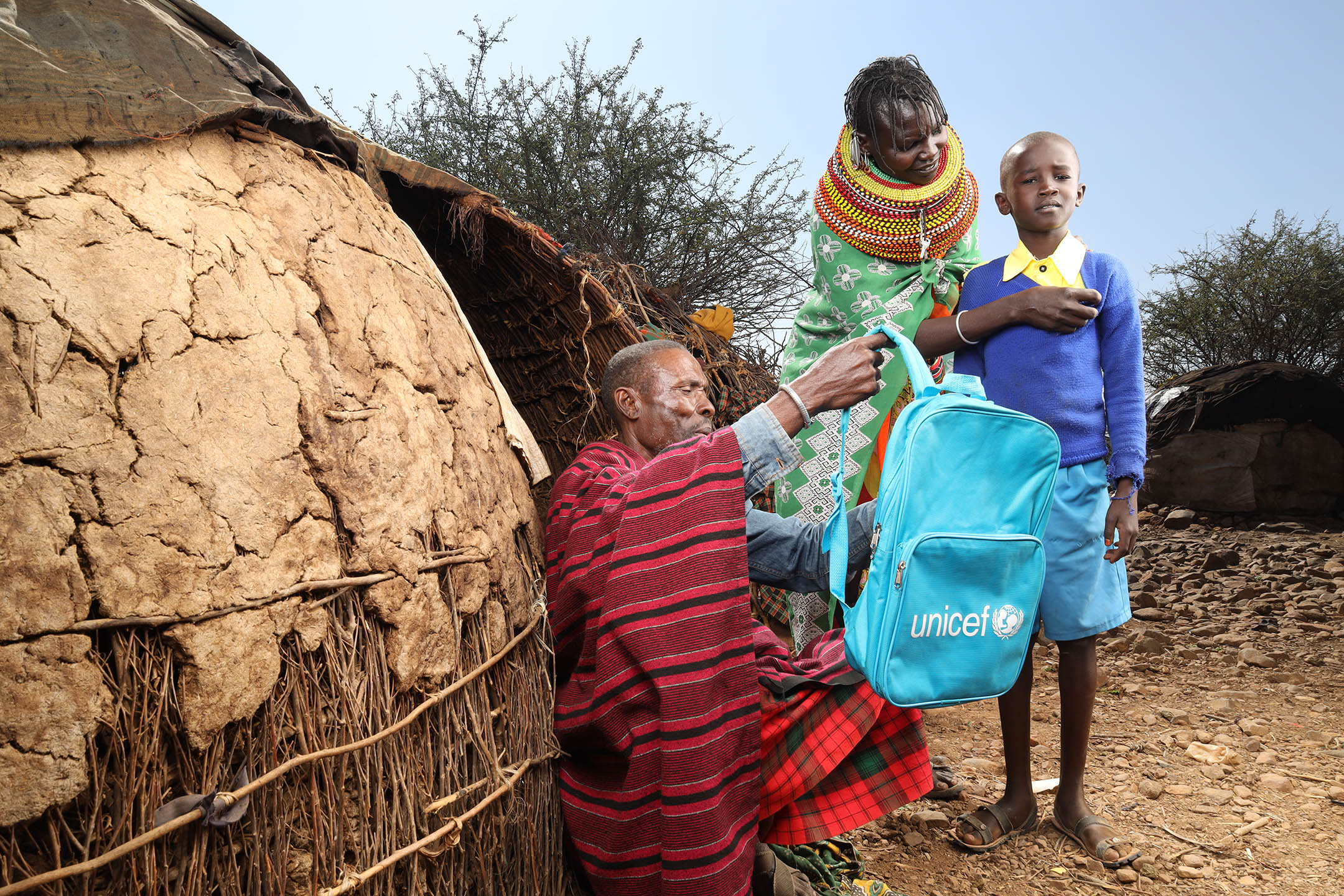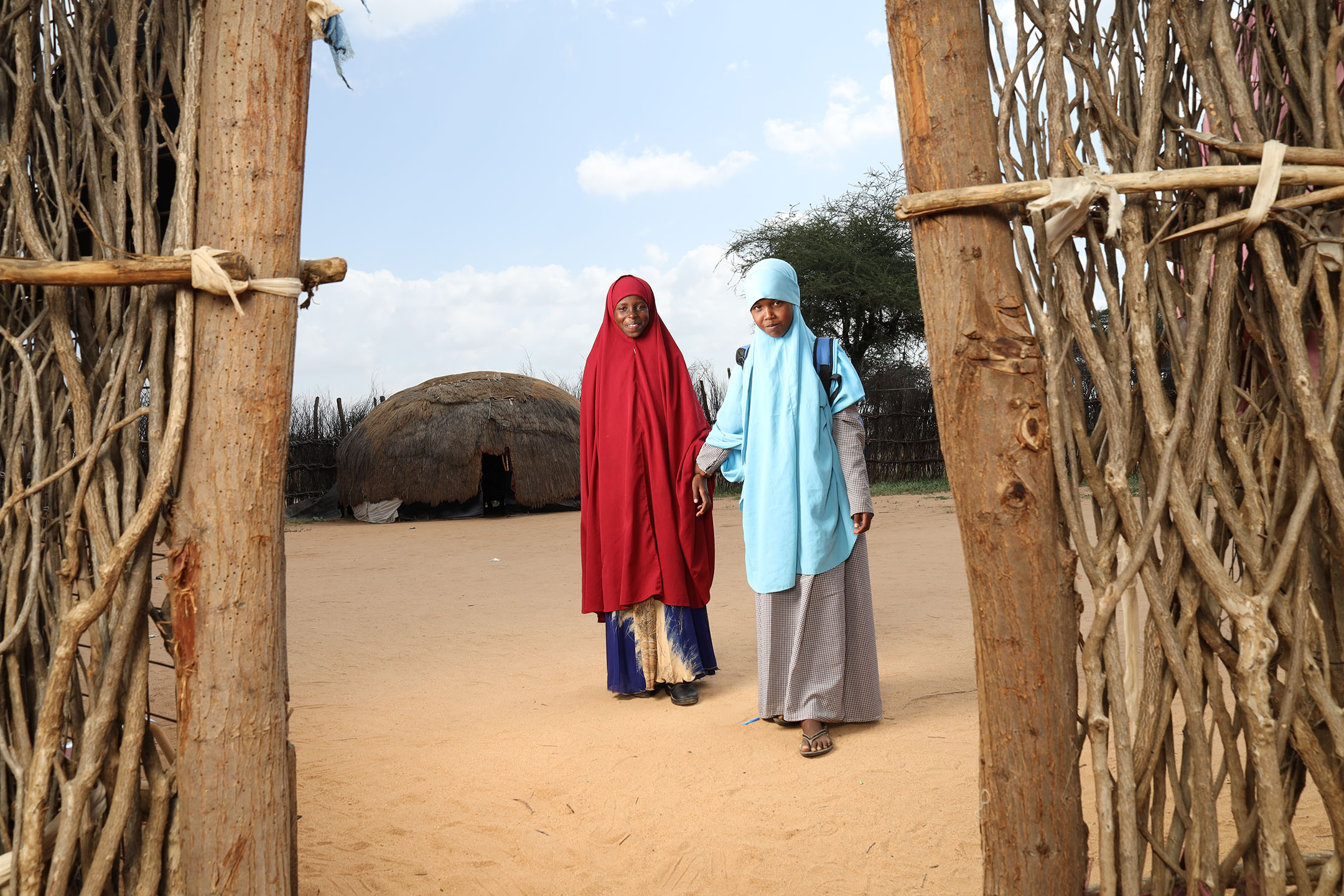Fresh campaign for Mukuru youth to get COVID-19 vaccine. In the informal settlement of Mukuru Kwa Ruben, not many young people have received the COVID-19 vaccine. In Kwa Ruben, as with every part of Kenya, the youth make up the largest fraction of the population. Therefore, as Kenya works to achieve herd immunity, it is becoming increasingly clear that this section of the population needs to be immunised.
‘Herd immunity’ (or ‘population immunity’) is, according to the World Health Organisation (WHO), “the indirect protection from an infectious disease that happens when a population is immune either through vaccination or … a previous infection.” And since the latter way of acquiring herd immunity would involve large-scale infections and attendant large-scale sicknesses and deaths, only immunisation is the safer, sensible way.
Most Kenyan citizens in Kwa Ruben have been vaccinated. Yet the youth remain on the sidelines. “In 2020 when COVID-19 hit, most youth missed the vaccination campaign for a variety of reasons,” says Thomas Odhiambo, the manager of Ruben FM, the community radio station in Kwa Ruben. “First, the only vaccinating facility was located in Embakasi, some 20 kilometres away. Adults could go but the youth didn’t, partly because the disease was hardly touching that demography then.” The radio station solved the problem of distance by reaching out to the county government during the Makala ya Tumaini broadcast. The government decided to locate a vaccination terminal at Ruben Centre.
Since the youth were not viewed as being at risk, parents and guardians avoided the inconvenience of dragging them to Embakasi. “A majority of adults, having already been vaccinated, struggled to prioritise youth vaccination. These adults go to work in the Industrial Area from 6am to 6pm. Coupled with the challenging economic times, skipping work to take the youth to vaccinate against a disease that was no threat to them was clearly not an efficient expenditure of their time,” Odhiambo explains.
Between 2021 and early 2022, large numbers of residents got vaccinated but from June to December of 2022 the numbers plummeted, according. The facility was registering only about one client weekly. Yet even at its peak, only an infinitesimal number of youth got vaccinated.
Recognising that the country would not achieve safety levels as long as the youth remained immune to the vaccination exercise, the Kenya government, working with UNICEF, has recently retooled its COVID-19 campaign. The initiative is titled COVID-19 “Vaccine Demand Creation Campaign for Adolescents and Young People.” “Persons aged 12- 17 years are eligible for vaccination with the Pfizer vaccine which is available at vaccination centres assigned by the Ministry of Health. Anyone 12 years and older can get the COVID-19 vaccine, including people with pre-existing conditions such as hypertension, diabetes, asthma, pulmonary, liver and kidney disease. If you are taking any medication such as blood thinners, inform your health provider before receiving the vaccine,” the campaign states.
“In our Makala program, CBCC (the implementing partner) sends dramas, messages and experts to talk about the vaccine. As a result, the attendances have improved and the health facility now averages 20 people seeking vaccination weekly,”
This campaign has reached Kwa Ruben slums through Ruben FM. He urges the government to not relent until the set targets are achieved. When the numbers plummeted previously, it was likely because the government relaxed information dissemination, he says. The intensity of information release, regularity of public announcements and the urgency to keep up the COVID-19 prevention protocols all dwindled. This, Odhimabo says, probably led to a belief that Covid 19 was no longer a threat, that perhaps the disease was finally dissipating. It coincided with a fall in demand for the vaccination. “We realise that to the public, the stream of information from the government denotes the urgency of the matter.”
He suggests that the government, WHO and CBCC take the campaign to schools and give parents sufficient information to help them make informed decisions in giving their consent. Additionally, he recommends at least a month of concentrated exclusive campaigns urging the youth to get vaccinated.



